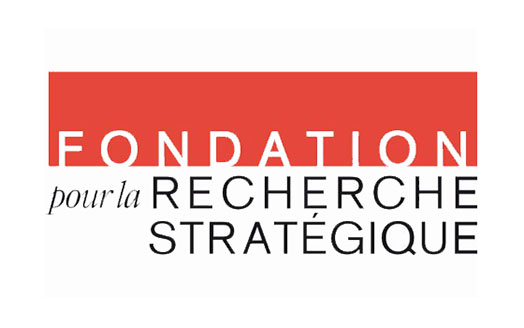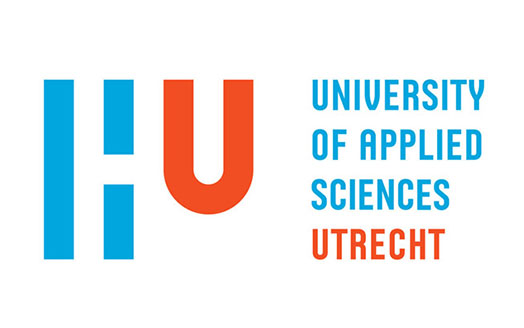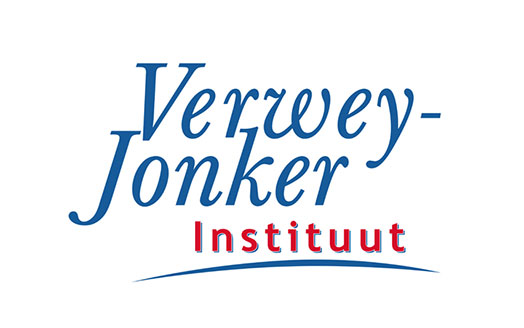What we do
Tackling terrorism and violent radicalisation have been a top priority for European Union (EU) Member States ever since the 9/11 attacks and the Madrid and London bombings in 2004 and 2005 respectively. While EU Member States were initially almost exclusively concerned with Islamist radicalisation, more recently, EU Member States’ perspective on the threat posed by radicalisation has come to also focus again on the more traditional threats emanating from right- and left-wing extremists as well as nationalist-separatists.
Indeed, over the past decade, hundreds of millions of euros have been invested in counter-terrorism policies and interventions across Europe, and yet practitioners within Member States often still find it challenging to measure the effectiveness of their counter terrorism work and to learn from it. Accordingly, a key priority of the EU’s counter-terrorism strategy is to look systematically at Member States’ experiences, not only internally but also in third countries, at lessons learned, good practices, unsuccessful practices, and analyse why certain approaches have succeeded or not, in order to develop expertise on what makes for successful interventions.
In an attempt to contribute to the ongoing efforts within Europe to establish what works in tackling violent radicalisation, IMPACT Europe aims to help evaluators, policy-makers, frontline workers and academics working in the field of violent radicalisation to answer three questions, namely:
How effective are various programmes at tackling violent radicalisation?
What is promising practice in tackling violent radicalisation?
How does this inform our knowledge and understanding of violent radicalisation?
Specifically, IMPACT Europe is developing an evaluation toolkit that draws on a state-of-the-art knowledge database on radicalisation factors, existing counter violent radicalisation interventions, and approaches to evaluating these interventions. Making the database easily accessible to a wide range of public and voluntary sector users, the toolkit is ultimately geared at encouraging practitioners to properly evaluate their counter violent radicalisation activities and to build good practices into the design of any future interventions.
How we work
Over the course of its lifetime from early 2014 to mid-2017, IMPACT Europe engages in three principal work activities:
Methodology
IMPACT Europe develops an evaluation methodology guidance toolkit for practitioners designing and conducting counter violent radicalisation interventions, based on an extensive and multidisciplinary analysis of the state-of-the-art
Database
IMPACT Europe compiles an evaluation results database underpinning the toolkit to enable professionals to identify promising counter violent radicalisation intervention and evaluation practices and to develop a more informed understanding of violent radicalisation
Training course
IMPACT Europe develops a training course (including a train-the-trainer component) and a training manual, to enhance professionals’ capacity to use the toolkit when designing and conducting evaluations of their activities
Partners
The IMPACT Europe Consortium consists of 14 partners drawn from across Europe and beyond, specialising in academic and applied research, evaluation, community engagement, policing, commercial software and communications. Further information on each partner and their role in the project is provided via the links below.
Advisory Board
To ensure the highest scientific quality of the project and its relevance to policy-makers and practitioners, the IMPACT Europe consortium regularly seeks the advice of a set of internationally respected academics, practitioners and policy-makers, who serve on the IMPACT Europe advisory board. Some of these advisory board members are introduced below.
Simon Smith
Simon Smith is a Chief Inspector with the National Counter-Terrorism Policing Headquarters in the United Kingdom (UK) and head of Prevent Delivery. Simon’s key responsibilities are to oversee the operational policing response to the UK government's Prevent strategy including the management of the Channel 'deradicalisation' programme. Simon was previously head of the Prevent Team in the Metropolitan Police Counter-terrorism Command and has over 6 years of experience in the field of counter-radicalisation and the prevention of violent extremism. Simon also has 28 years of experience as a police officer working predominantly in communities in South East and South West London. He has a particular interest in the role of communities in the prevention of terrorism.
Amy-Jane Gielen
Amy-Jane Gielen runs her own research and consultancy company A.G. Advies in the Netherlands, which specialises in working with individuals at risk of being radicalised and foreign fighters. In her work she combines policy, practice and science. She advices governments on (counter-) radicalisation issues, trains first line practitioners and supports families of foreign fighters. Amy-Jane also works as an account manager for the Radicalisation Awareness Network (RAN), supporting the INT/EXT(foreign fighters) and RAN@ Working Groups, and conducts PhD research at the University of Amsterdam, examining the effectiveness of counter-radicalisation policy.
Anaïs Reding
Anaïs Reding is a Transformation Manager in the UK Ministry of Justice Reform Directorate. Previously, she worked for RAND Europe where she advised European governments and published widely on the topics of radicalisation and terrorism. She also carried out programme and policy evaluations in a wide range of sectors. Anaïs was part of the team that designed IMPACT Europe and therefore has a good grasp of the objectives of the project and its implementation challenges. As she has been involved in multiple FP7 projects she also has a good understanding of the particular opportunities and challenges of such projects.
Jessika Soors
Jessika Soors works for the city of Vilvoorde, Belgium, which has the highest relative number of foreign fighters who left for Syria in Western Europe. As policy coordinator for radicalization and polarization, she is responsible for the city’s local policy on this issue, and she is also member of the EU Radicalisation Awareness Network. Holding a Master’s degree in Arabic and Islamic Studies, she is also a researcher at the Catholic University of Leuven, in the research group ‘History of the fundamentals of Islam’, where she works on a PhD on the development of ideological components of Islamic inspired radicalization (more specifically on the development of the concept al-wala wa-l-bara).
Judy Korn
Judy Korn is part of the Radicalisation Awareness Network, Chief Executive Director and founding member of the Violence Prevention Network, and a member of the Interims board of the European Network of Deradicalisation. She started her engagement combating right-wing extremism and Islamic extremism in her school days and earned her degree in Educational Science (M.A.) at the Technical University Berlin in 1996. Her organisation Violence Prevention Network constitutes a group of experienced specialists with many years of success in the fields of prevention and deradicalisation, working now in 14 different German Länder. Since its creation in 2004 the focus of the Violence Prevention Network has been placed on having direct dialogues with extremists and radicalised people with the aim to stimulate and attend disengagement and deradicalisation. Since 2013 the organisation specialises in working with foreign fighters and returnees in Germany. A sustainable implementation of the Violence Prevention Network’s approaches is realised by Judy through long-term and continuous dialogues with governments, security agencies and policy makers in Germany. Judy Korn was awarded an Ashoka Fellowship is 2007.














